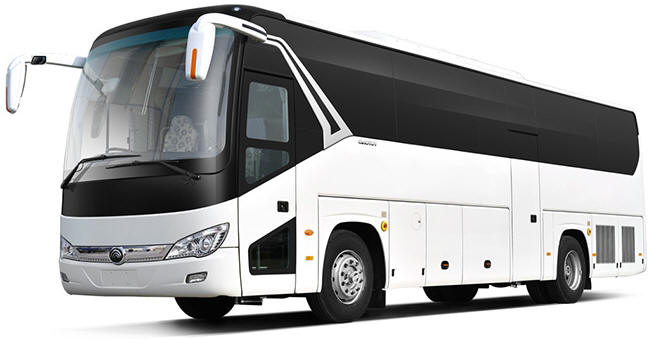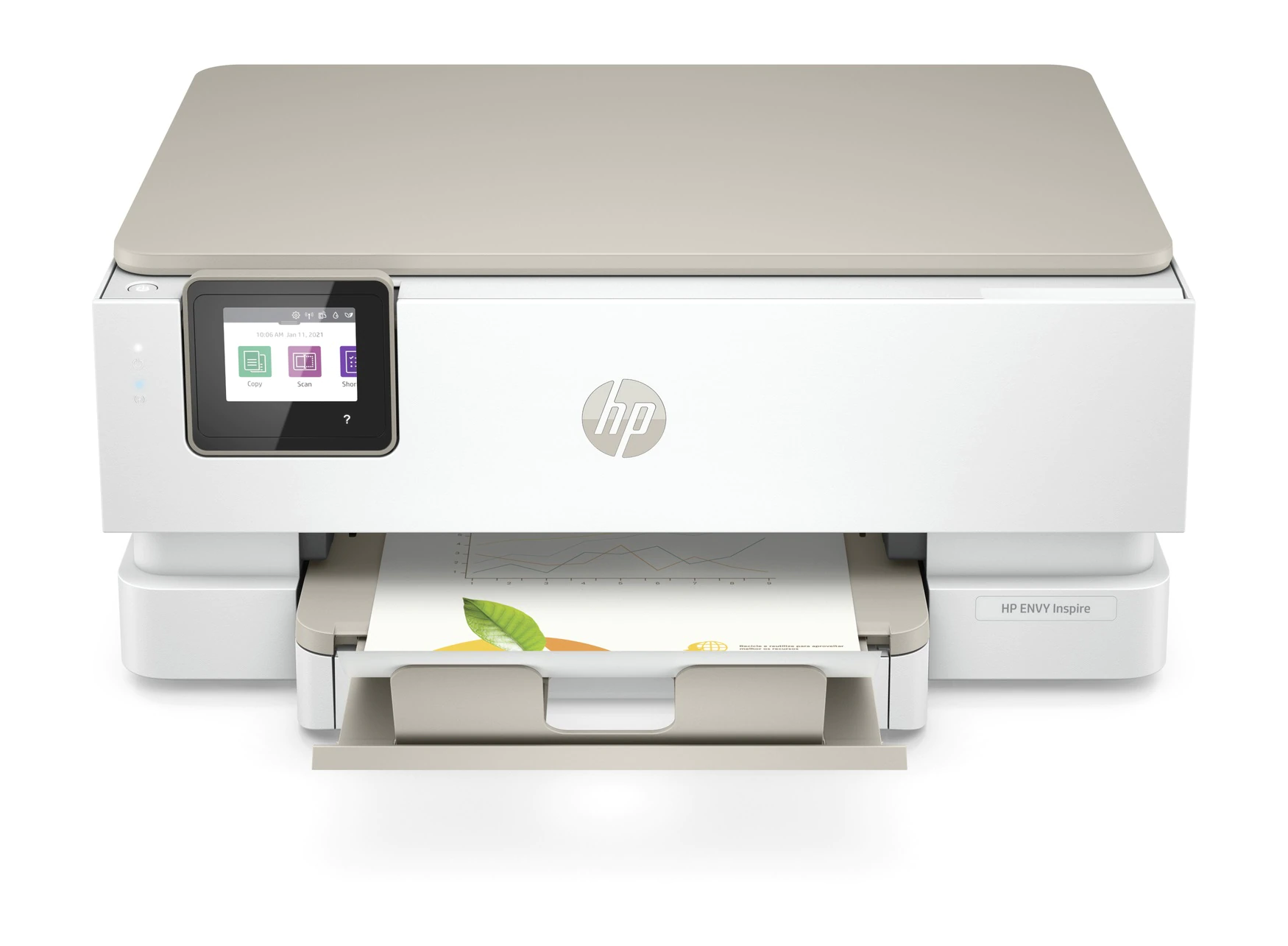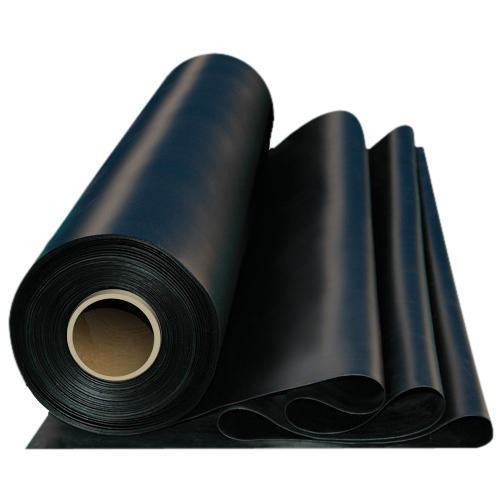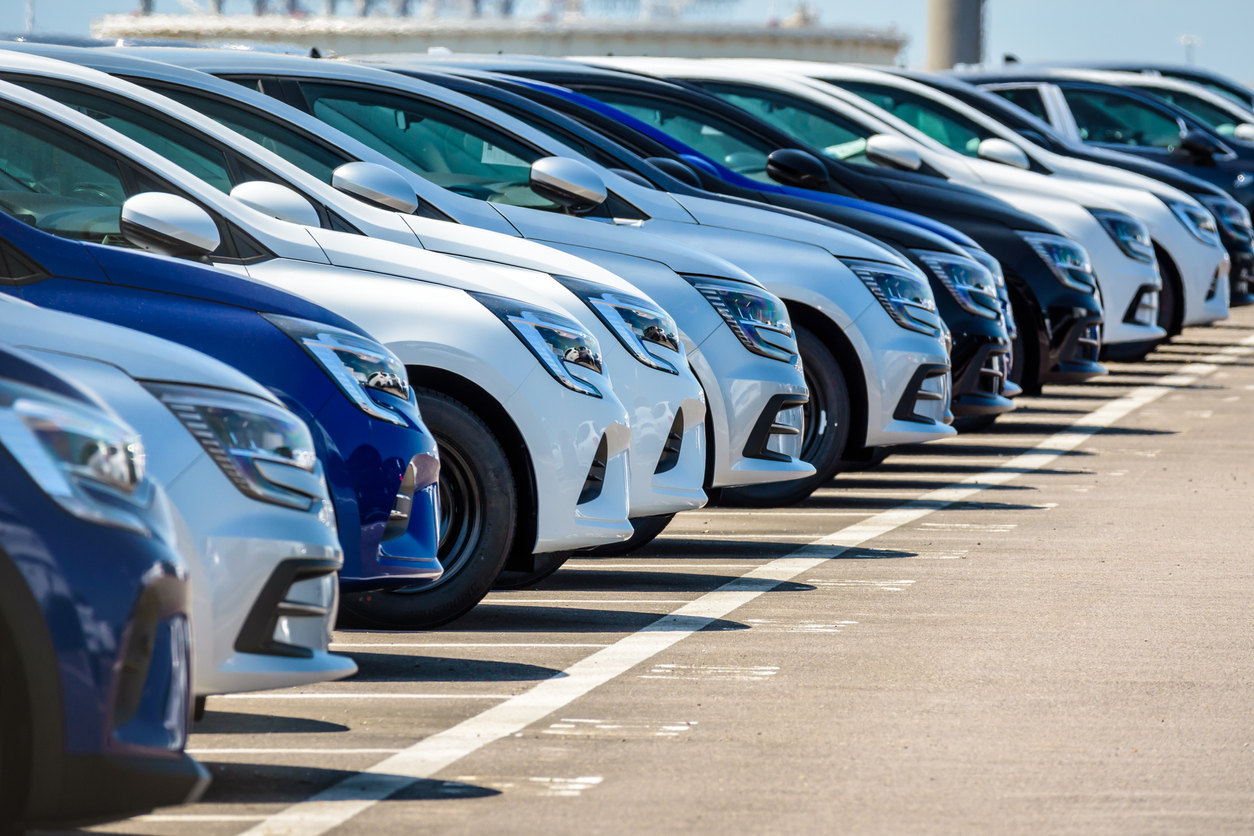Buying and Exporting Buses from Kenya: The Ultimate Guide
Buying and Exporting Buses from Kenya: The Ultimate Guide
Do you want to import buses from Kenya as part of your supply chain management strategy? If so, you will need to think about costs, tariffs and taxes, and laws and regulations. To avoid any potential problems in the future, it’s also worth considering factors such as exchange rates, industry standards, and currency fluctuations. There are many benefits to buying and exporting buses from Kenya. For example, the country is home to a flourishing local manufacturing industry with an abundance of skilled workers able to produce high volumes of vehicles at low cost. Imported buses from Kenya can also be a good way for smaller companies to source lower-cost second-hand vehicles without sacrificing quality or reliability. Negotiating the costs of imported buses from Kenya requires some research into tariffs and taxes imposed by both the EU and other third party countries. You should also make sure that the cost of importing them into your business is not prohibitively expensive given current economic conditions. However, by analyzing all possible costs beforehand, you should be able read more
Import Tariffs for Buses from Kenya
The EU currently has no tariffs on buses imported from Kenya. If you’re importing them via another trade route, such as via the Caribbean Sea Islands, the rate for buses is 87.48%. Tariffs on buses imported from Kenya are subject to change depending on political and economic factors. You should also be aware that EU countries may levy an additional import tax on buses imported from certain countries. The EICIS system, which is used to determine how much import tax you will pay on buses imported from Kenya, also gives you an idea of how much each government is charging. EICIS only covers countries that have signed up to the World Trade Organization’s Agreement on Trade in Services (GATS). Other countries are not included, so you will need to check the import tariff rates and taxes on buses imported from Kenya directly with the relevant governments.
Customs and Import Taxes on Buses from Kenya
If you’re importing buses from Kenya, you must make sure they are compliant with the EU’s rules of origin. This means you must ensure that at least 35% of the vehicle’s total cost was sourced from within the EU, or that it was put together in a factory that is located in the EU. If you fail to meet these standards, you will have to pay import taxes on buses imported from Kenya. The amount you pay will depend on the country in which the vehicle was manufactured. All EU member states are part of the Union Customs Code (UCC), which makes it easier for customs authorities to work with each other. If you are importing buses from Kenya via another trade route, you should find out if your destination country has signed up to the UCC. If not, you may have to deal with multiple customs authorities and get approval from each government before you can bring the buses into the EU. This can be a very long and complicated process that is best avoided by using trade routes that are UCC-approved.
The Role of Exchange Rates when Buying Buses From Kenya
A favorable exchange rate can help offset the additional costs of importing buses from Kenya into the EU. If the rate is in your favor, you can use it to boost profits by buying at lower prices and selling at higher prices. Typically, a stronger currency makes it cheaper to buy goods and services internationally. At the same time, it makes those same goods and services more expensive for people living in other countries. This means that if you buy buses from Kenya when the euro exchange rate is strong, you can sell them to customers in the EU at a higher price to make a greater profit. However, if the exchange rate moves in the opposite direction, you may end up losing money. Exchange rates are an unpredictable market that can experience sudden and dramatic changes. This means that even if you buy buses from Kenya when the exchange rate is in your favor, there is no guarantee that it will stay that way.
Understanding Currency Fluctuations When Exporting Buses From Kenya
The process of importing buses from Kenya, or any other country for that matter, also involves exporting goods from the EU. This means that any fluctuations in the euro exchange rate can affect the overall cost of your supply chain. If the exchange rate has moved in your favor, you can use it to reduce the cost of exporting buses from Kenya, and vice versa. If you are importing buses from Kenya, you can use the exchange rate to your advantage to offset the increased cost of importing buses from Kenya. If the euro exchange rate is in your favor, you can use it to buy at lower prices and sell at higher prices. If you are exporting buses from Kenya, you can use the exchange rate to reduce the cost of exporting them to the EU. If the euro exchange rate is in your favor, you can use it to buy at lower prices and sell at higher prices.
What Are the Most Popular Brands of Bus?
There are many different types of bus, so it’s not possible to say which brand is the most popular. Instead, you should think about the type of bus you need and consider the various options available. For example, if you are thinking of importing buses from Kenya, you may want to consider double-decker buses, single-decker buses, or buses based on a tour bus model. Double-decker buses have been operating in many cities around the world since the early 20th century. The first double-decker bus service in the UK was inaugurated in 1909 and has been operating ever since. These buses are very common in major cities. They usually have a capacity of about 80 passengers. Double-decker buses are commonly used as transit buses or coaches for long-distance routes. They are often used for transit because they have a low floor, which allows easy access for passengers who use wheelchairs or have difficulty climbing steps. Double-decker buses can be equipped with WiFi and USB charging ports for passengers. Other common features include luggage racks, air conditioning, and power outlets.
Conclusion
Buses are a useful mode of transport that can be used to transport passengers or cargo. They are typically larger than cars and trucks, but smaller than vans or semi-trailers. Buses are common in many industries, including tourism, public transportation, and in the military. The process of importing buses from Kenya, or any other country, involves trading goods between countries. This process can be complicated and involve multiple customs authorities, so it’s important to understand the costs and regulations involved. Imported buses from Kenya can be a good way for smaller companies to source lower-cost second-hand vehicles without sacrificing quality or reliability.








LEAVE A COMMENT
You must be logged in to post a comment.